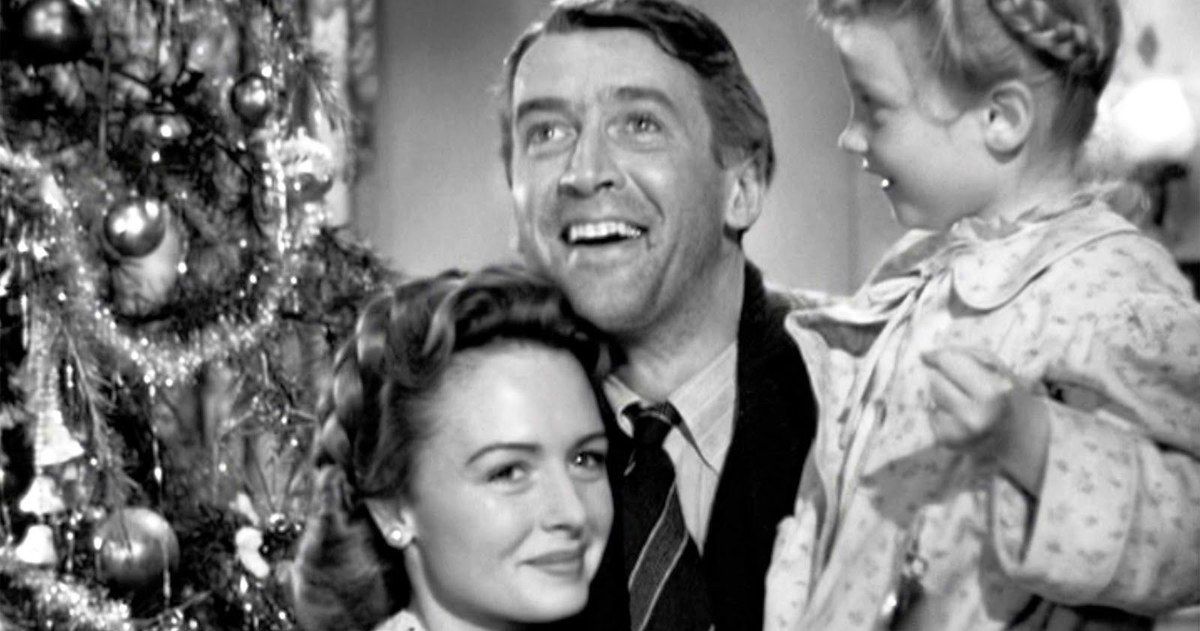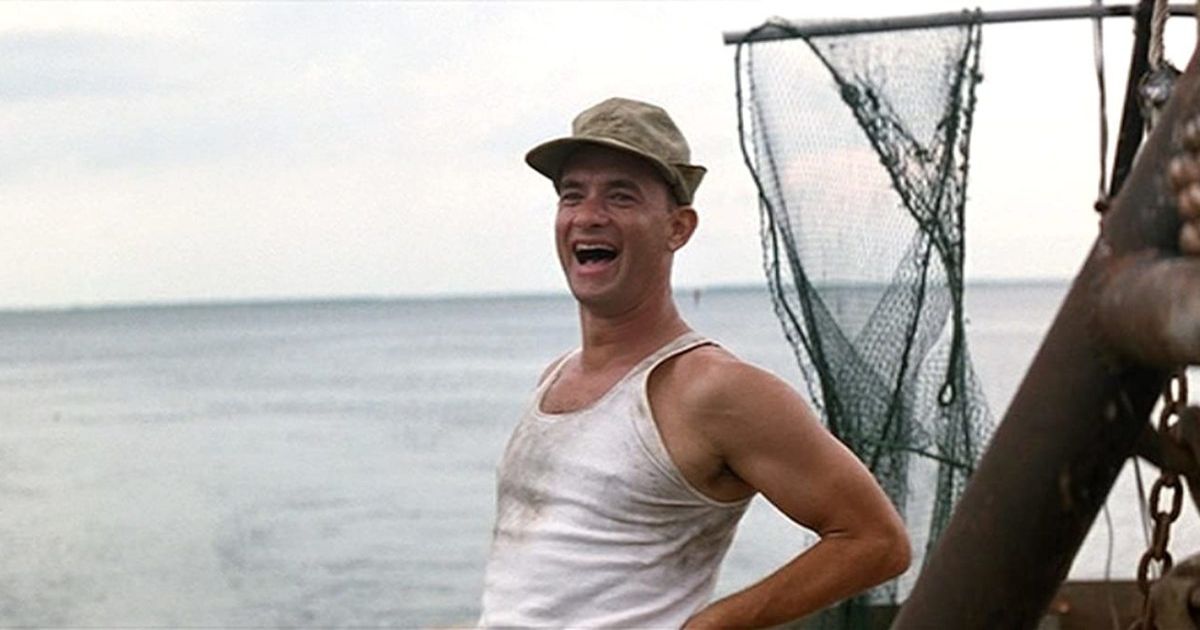There’s something beautiful about a heart-breaking and emotional cinematic performance. We feel these characters’ pain through the screen, as we watch them sob uncontrollably, scream at the heavens, or collapse to the ground in defeat. The performer’s tears often bring about our own. Over the years, actors and actresses have perfected their craft, delivering more intense and realistic performances than those of earlier Hollywood. Here are ten emotional cinematic performances that will have you reaching for that box of tissues.
10 Anna Chlumsky – My Girl (1991)
Sometimes, the most emotional and powerful performances come in a pint-sized form. My Girl follows 11-year-old Vada (Anna Chlumsky), who befriends a sickly, bespectacled boy named Thomas (Macaulay Culkin).
Despite being a family movie, My Girl takes its viewers to a pretty dark place. Vada’s world is turned upside down when tragedy strikes, and Thomas dies from an allergic reaction to bee stings. Her distraught reaction to Thomas’ death is heart-breaking, especially the day of his wake. Vada cries over her friend’s open casket, tears streaming down her face, as she screams senselessly, “Where are his glasses? He can’t see without his glasses!” It’s a gut-wrenching, powerful moment that won’t leave a dry eye in the room. My Girl was Anna Chlumsky’s first major film role — and she absolutely knocked it out of the park.
9 Brendan Fraser – The Whale (2022)
Although The Whale wasn’t nominated for Best Picture at the Academy Awards, Fraser’s moving performance earned him a well-deserved Oscar for Best Actor. It was the Hollywood comeback that fans had been rooting for. Who knew that the actor from George of the Jungle and The Mummy franchise could deliver such a powerful performance?
8 Matt Damon – Good Will Hunting (1997)
When people consider Good Will Hunting, they tend to think of the riveting and dramatic performance from Robin Williams, whose portrayal of therapist Sean Maguire rightfully won him the Oscar for Best Supporting Actor. But in terms of raw, tear-jerking emotion, it’s Matt Damon‘s performance as the troubled but brilliant Will Hunting that stands out. No scene encapsulates this more than the “It’s not your fault” scene. Sean repeats this line to Will over and over again, trying to make him understand, truly understand, that his traumatic past wasn’t his fault.
Damon displays an impressive range of emotions here, going from casual indifference, to explosive anger, to finally breaking down. In a powerful moment, Will finally lets himself get vulnerable: he embraces Sean in a tight hug, as he sobs uncontrollably into his therapist’s shoulder. Damon’s performance rightfully earned him an Oscar nomination for Best Actor, although he didn’t win.
7 Will Smith – The Pursuit of Happyness (2006)
Emotional performances don’t always have to be sad; they can also move us to tears with joy, hope, and inspiration. And that’s exactly what happens in The Pursuit of Happiness. This film tells the true story of Chris Gardner (Will Smith), a broke, single dad who’s desperately seeking a job, so he can support himself and his young son. The pair endure soul-crushing situations.
With nowhere else to go, Gardner and his son spend the night in a filthy public restroom. An unseen patron bangs their first against the door, while Gardner weeps and tightly holds onto his son. But all the blood, sweat, and tears finally pay off when Gardner is offered a full-time job. Overwhelmed, Gardner’s eyes well up with tears, as he speechlessly accepts the offer. It’s a beautifully emotional and satisfying moment that probably earned Smith the Oscar nomination for Best Actor.
6 Liam Neeson – Schindler’s List (1993)
Schindler’s List is a harrowing look at the concentration camps that claimed millions of innocent, Jewish lives during the Holocaust. Liam Neeson plays Oskar Schindler, a wealthy German industrialist and member of the Nazi Party — a role that earned him an Oscar nomination for Best Actor, although he didn’t win. When we first meet Schindler, he’s a calm, collected, mysterious figure hiding in the shadows. Schindler’s allegiance changes when he’s exposed to the horrors of the concentration camps, especially when it comes to one red-coated, little girl.
By the end of the film, Schindler winds up saving 1,200 Jewish lives from certain death. But as he says, “It’s not enough.” Haunted by the Holocaust’s death and murder, Schindler grieves the lives he could’ve saved if he had just done this, or maybe if he had done that. He breaks down, clutching his Jewish friend, and collapses to his knees, while all the people he saved sadly look on. It’s a powerful moment that’s impossible to watch without a box of tissues.
5 Toni Collette – The Sixth Sense (1999)
The Sixth Sense is known primarily for its iconic twist ending. But we mustn’t let that overshadow the amazing performance from Toni Collette. She plays Lynn Sear, the mother of a strange but special little boy named Cole (Haley Joel Osment). Collette does a phenomenal job throughout the film, jumping seamlessly between a fierce protector to a helpless parent who has no idea how to help her troubled son. She beautifully portrays the fear that the rest of us feel whenever something unusual happens around her child.
But Collette’s most memorable scene, and the one that probably earned her the Oscar nomination for Best Supporting Actress, happens when Cole finally tells her about his ability to see dead people. At first in disbelief, Lynn is gradually overcome with surprise and emotion, as Cole tells her about her dead mother. It’s impossible not to cry with Lynn when she learns that her mother has been proud of her every single day since her passing.
4 Chiwetel Ejiofor – 12 Years a Slave (2013)
12 Years a Slave is a modern classic that captures the true story of Solomon Northup (Chiwetel Ejiofor), a free African American man who’s suddenly abducted and sold into slavery. For nearly two hours, Solomon endures savage beatings and atrocities, going from a proud, vocal free man to a tight-lipped and terrified slave.
When reflecting on Ejiofor’s performance, which earned him an Oscar nomination for Best Actor, two scenes come to mind. One occurs when Solomon reluctantly joins his fellow slaves in singing “Roll, Jordan, Roll”, a Christian song created by African American slaves that was really a coded message for escape. Solomon goes from silent, grim defeat to emotionally proclaiming the song, accepting his reality as a slave while also hoping for freedom. The other scene comes at the end when Solomon is finally set free and reunites with his family. And the first thing he says to them, tears brimming in his eyes, is, “I’m sorry.” If the rest of the movie doesn’t break you, then this scene definitely will.
3 Shirley MacLaine – Terms of Endearment (1983)
Terms of Endearment balances drama and comedy with expertise, though its ending definitely leans more into drama. It’s filled with stellar performances from its all-star cast, which includes Debra Winger, Jack Nicholson, and Jeff Daniels. But its best performance belongs to Shirley MacLaine, who won the Oscar for Best Actress for this film. Terms of Endearment spans 30 years of ups and downs, covering the tumultuous relationship between Aurora (MacLaine) and her daughter Emma (Winger).
In one poignant scene, Aurora runs frantically around the hospital while screaming at the nurses to give Emma a pain shot, portraying a mother who will fiercely protect her daughter, even when she’s an adult. And when Emma succumbs to her illness…well, let’s just say you better have that box of tissues handy.
2 Jimmy Stewart – It’s a Wonderful Life (1946)
It’s a Wonderful Life follows George Bailey (James Stewart), a man with big dreams and an even bigger heart. But life has its own plans for George and overwhelms him with its harsh reality. It hurts to watch George transition from an optimistic, happy-go-lucky guy to a defeated soul, who’s down on his luck and at the end of his rope, especially given his good nature. He visits a bridge and stares longingly at the depths, a desperate expression on his face.
We can feel George’s conflict and pain without him even saying a word. But he experiences a change of heart after his guardian angel, Clarence (Henry Travers), shows George the immeasurable impact that he’s had on other lives. Rejuvenated, George returns to his present day as new man — and so begins the waterworks. George runs through the streets, happily shouting Merry Christmas, and embraces his wife and children when he gets home, as if he hasn’t seen them in years. It’s an emotional and inspiring performance and is one of the reasons why It’s a Wonderful Life has remained a timeless classic.
1 Tom Hanks – Forrest Gump (1994)
It’s impossible not to fall in love with Forrest Gump (Tom Hanks), the slow but good-hearted man who changes the course of history. He’s such a naive and innocent character. And Hanks uses that to break your heart. If you’re planning to watch Forrest Gump, then there are three scenes you need to have tissues for. One: when Forrest’s mother, his greatest champion and supporter, dies. Two: when Forrest learns that he has a son — and that the boy is smart, not slow (watching Forrest struggle to ask this question, and then well up when he hears the answer is beautiful). And three: when Forrest delivers a heart-breaking goodbye to the love of his life, Jenny (Robin Wright), at her grave.
Hanks’ performance in Forrest Gump won him the Oscar for Best Actor and ranks as one of the finest performances of his career.
This story originally appeared on Movieweb

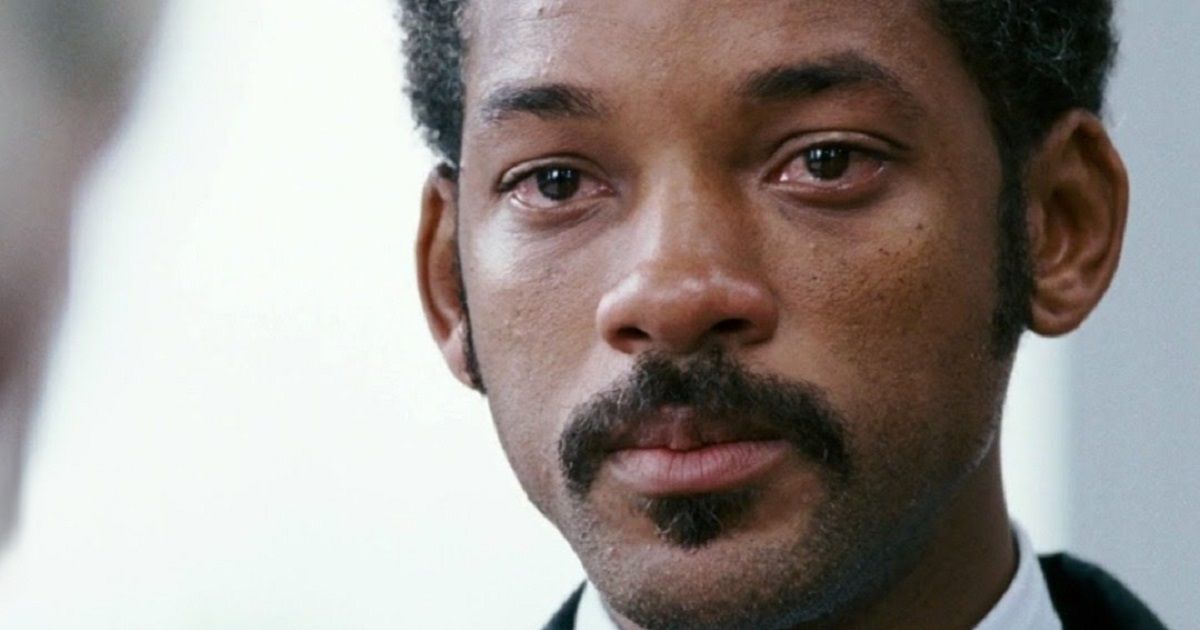
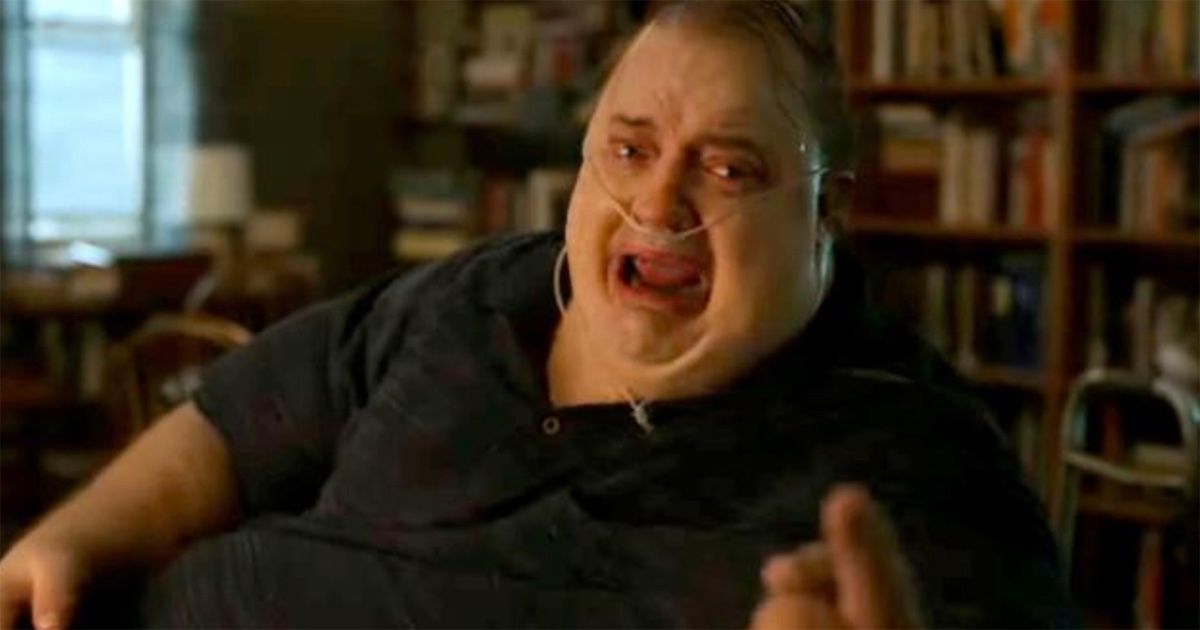
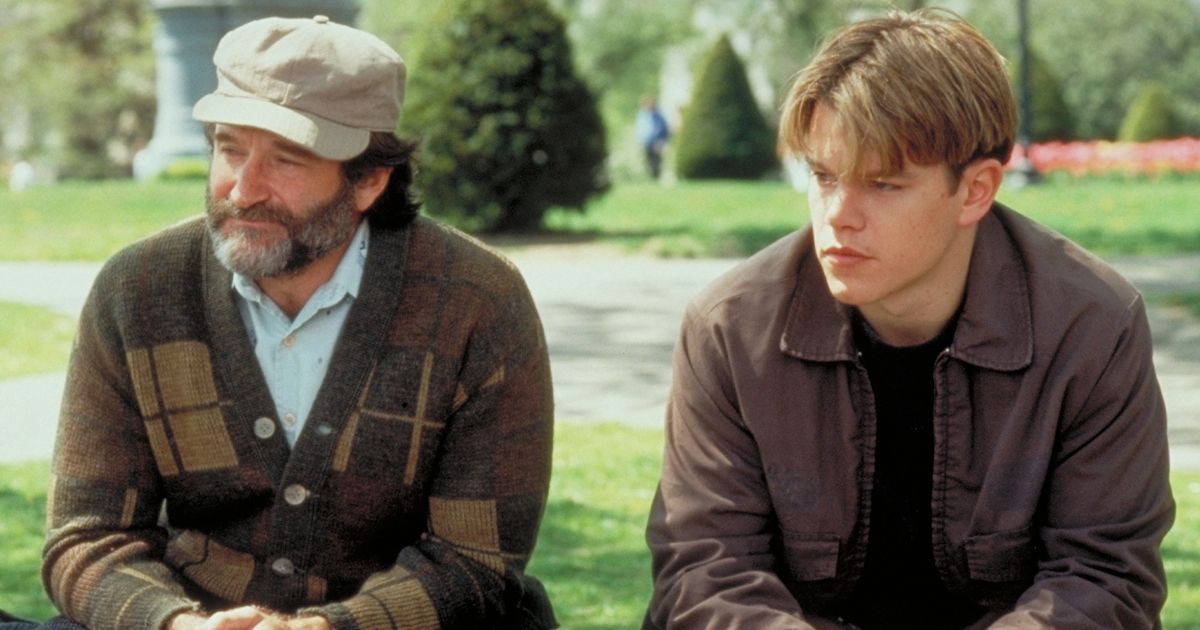
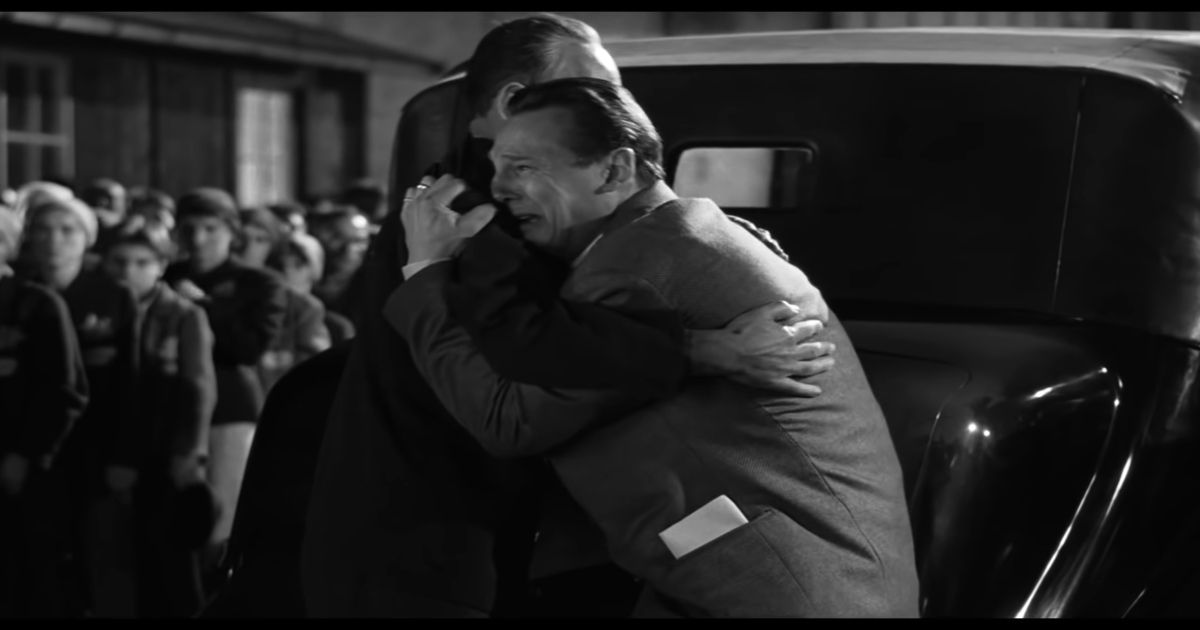
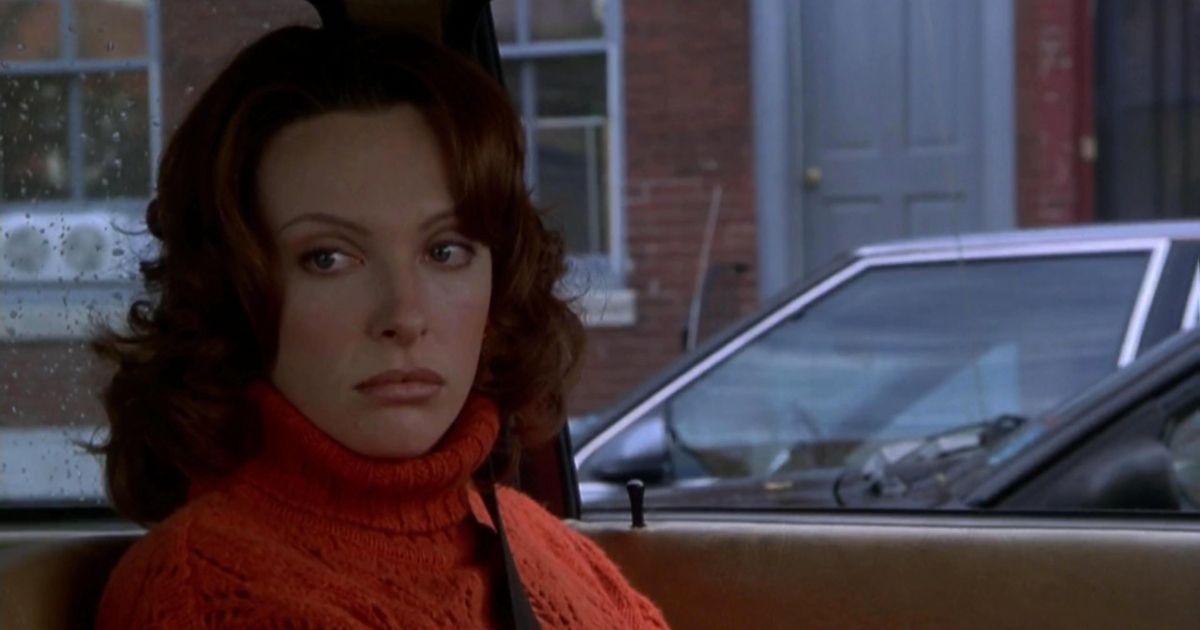
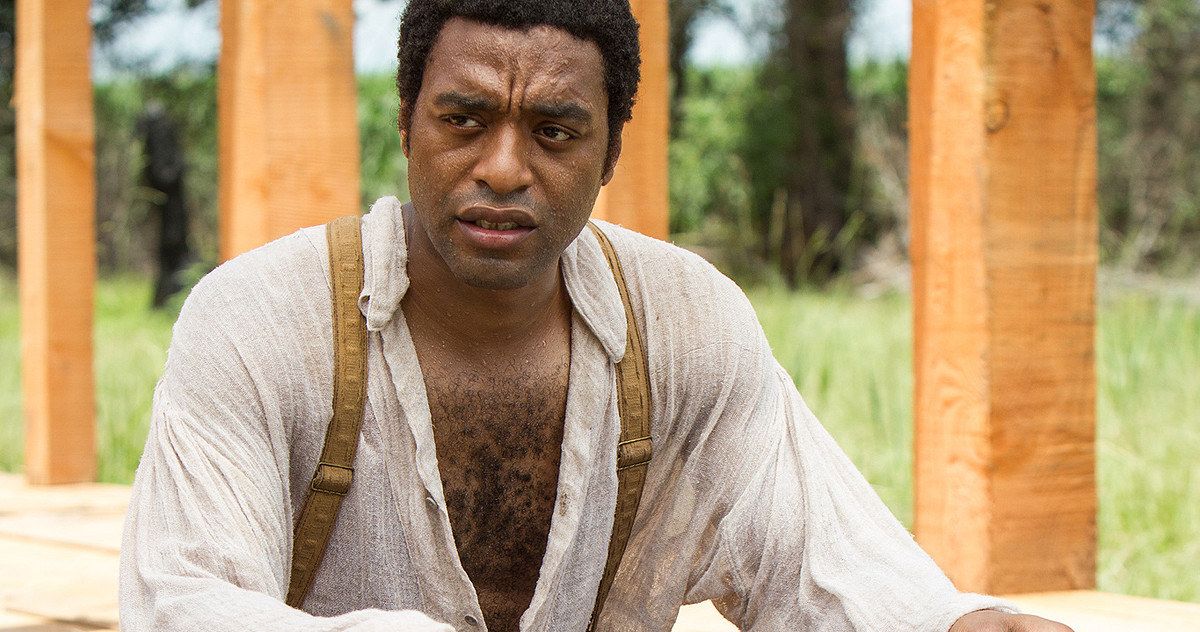
.jpg)
